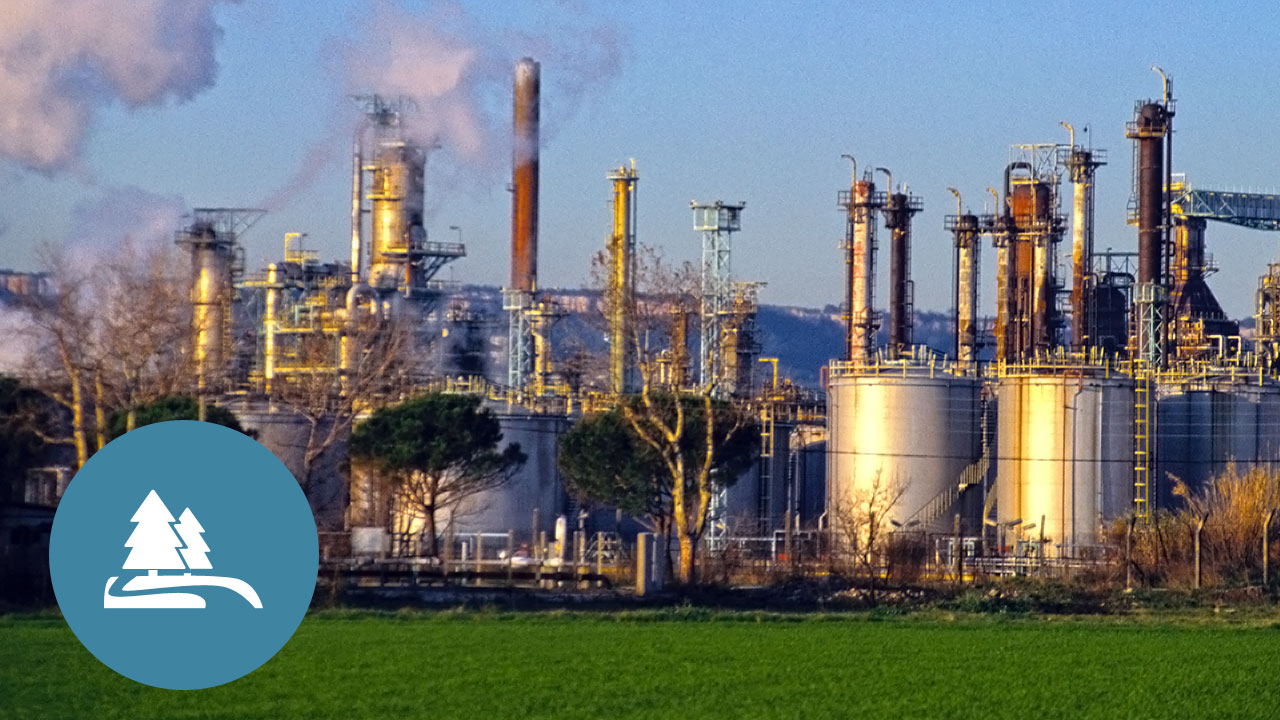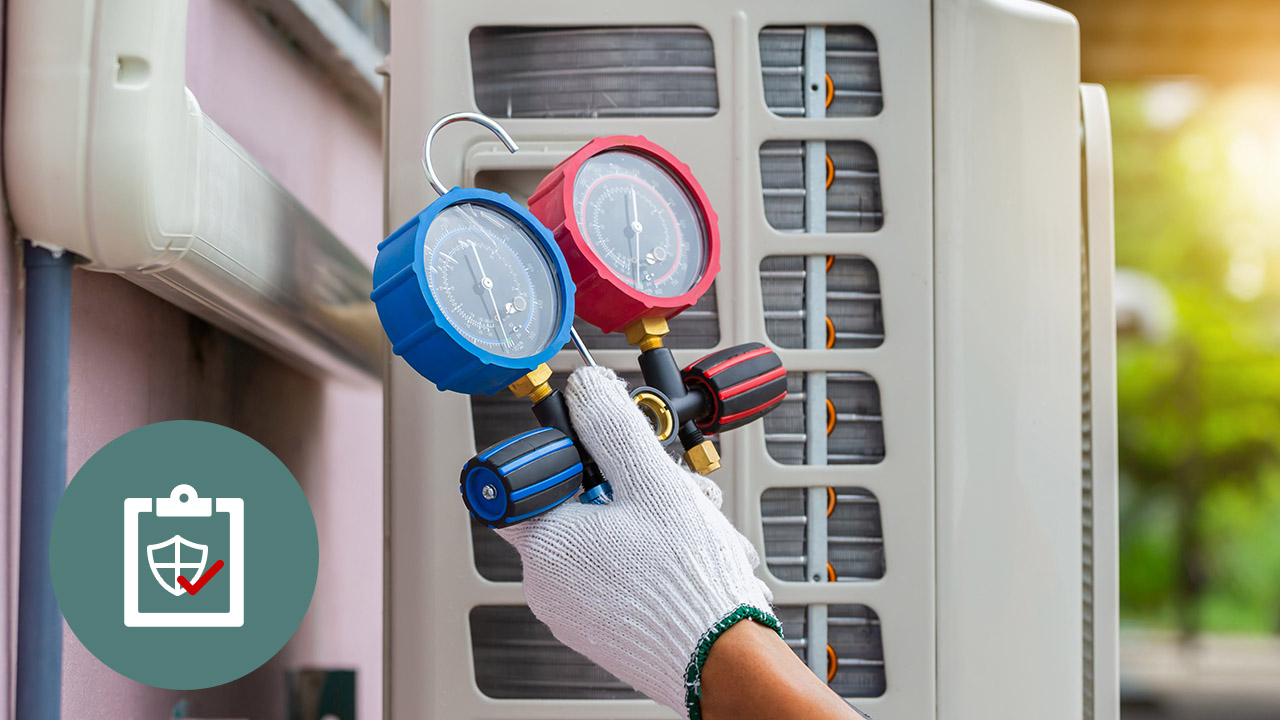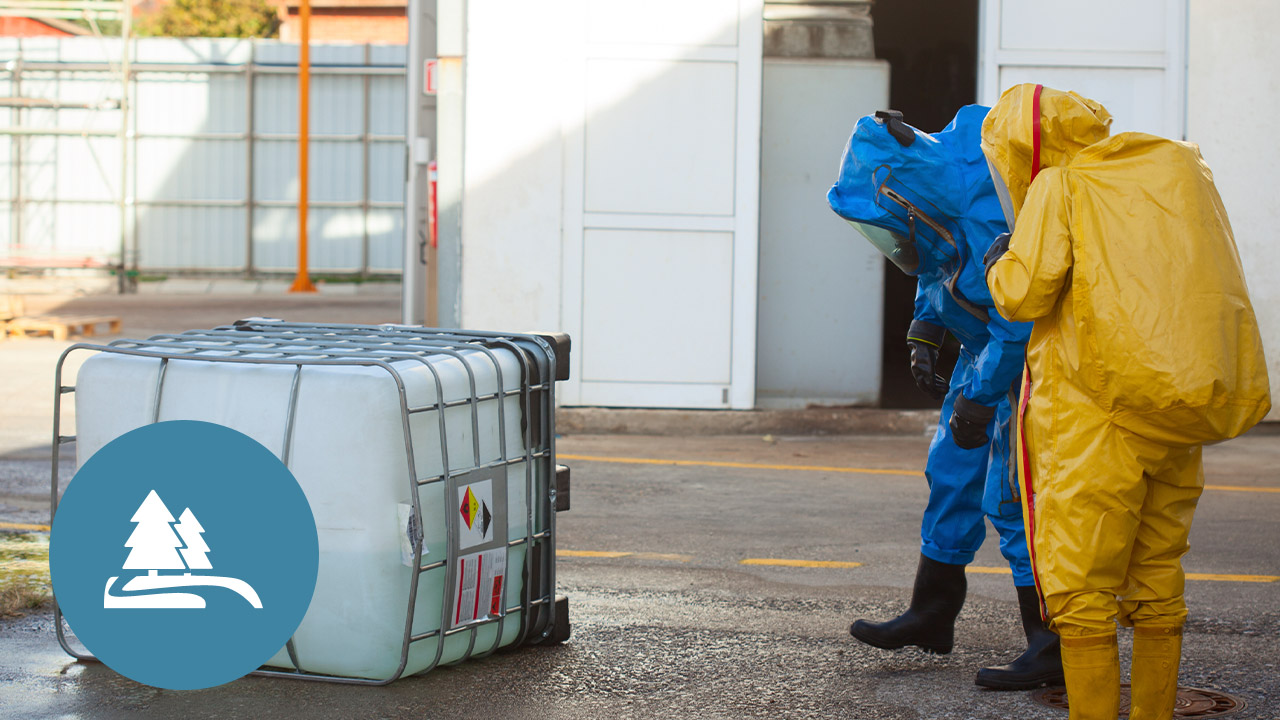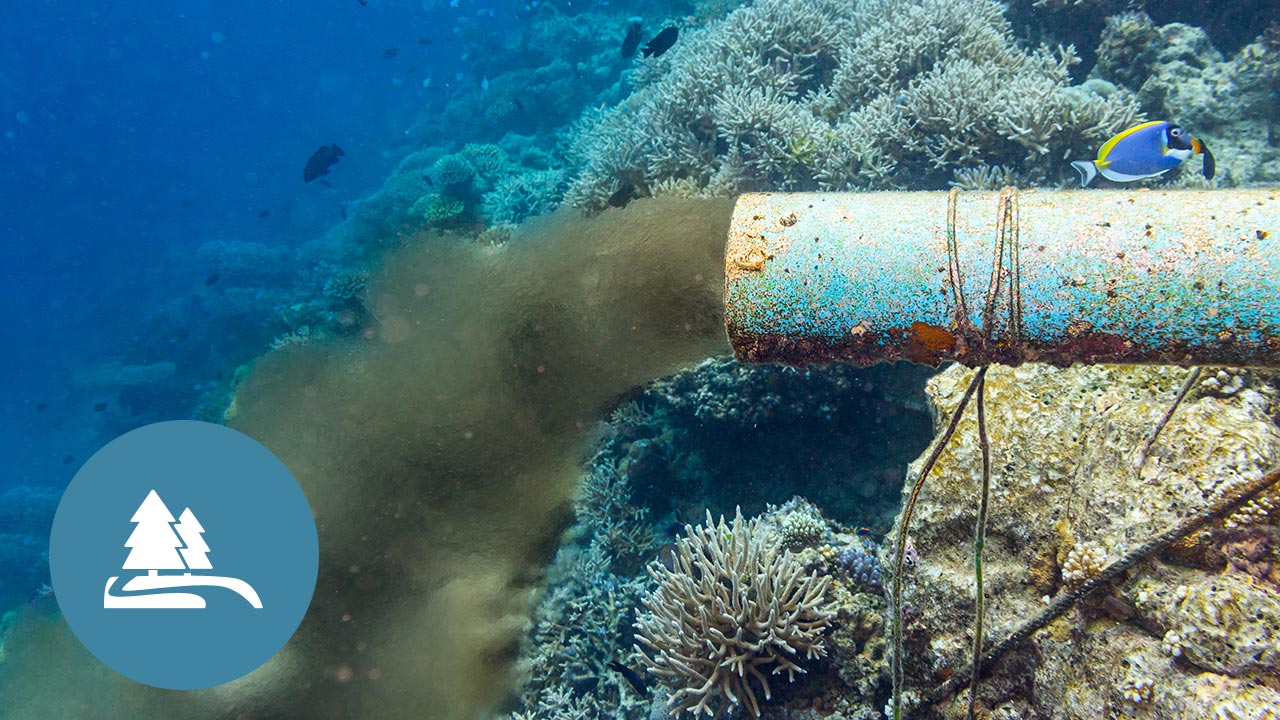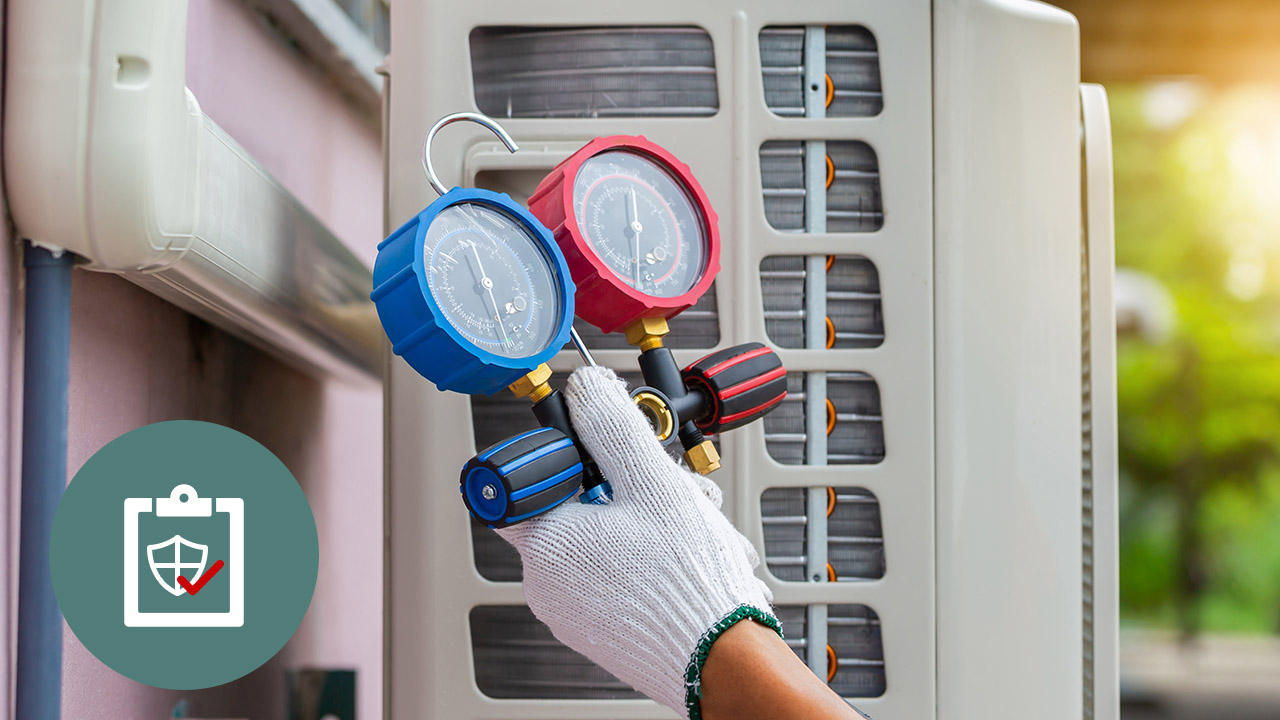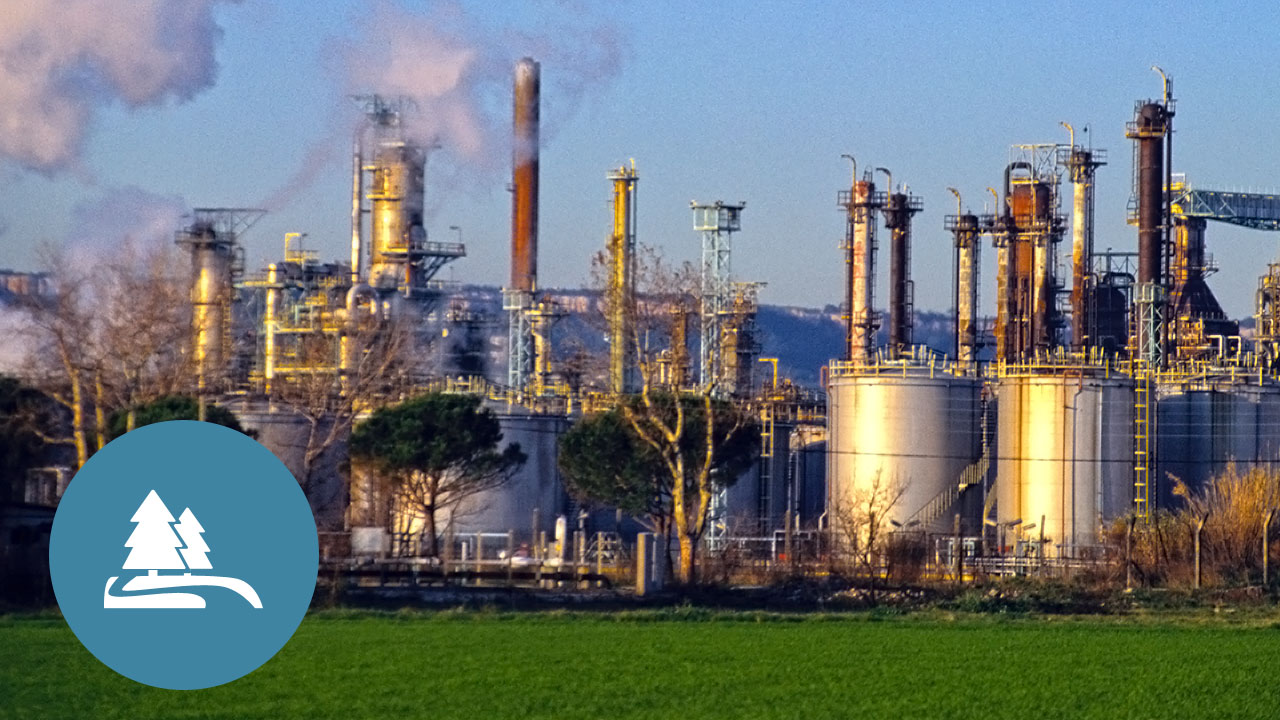Courses for Environmental - Canada Compliance Training
- 6 Courses | 3h 31m 59s
Environmental - Canada Compliance courses cover risk areas such as Stormwater Pollution Prevention - Canada, Toxic Substances - Canada, Hazardous Waste Generator – Canada, and more. Explore our courses and unleash your edge.
COURSES INCLUDED
Compliance Course
Hazardous Waste Generator – CanadaThis course provides basic information on hazardous waste determination and characterization. Generators must manage their hazardous waste per the applicable Provincial, Territorial and Federal acts and regulations. Thus, accumulation, labelling, and other management requirements are described for accumulation areas. Last, the importance of, and methods for, waste minimization and spill prevention and response are defined. The content in this course is designed to comply with the intent of the applicable Provincial, Territorial and Federal legislated requirements. Learner objectives for this course are to identify and characterize all wastes, properly label and manage waste containers, use manifests when regulated waste is transported, properly dispose of hazardous waste, prepare waste generation reports, and maintain compliance records. This course was developed with subject matter support provided by Pinchin Ltd., an environmental, health and safety consulting firm with offices across Canada. Please note, the course materials and content were current with the laws and regulations at the time of the last expert review, however, they may not reflect the most current legal developments. Nothing herein, or in the course materials, shall be construed as professional advice as to any particular situation with respect to compliance with legal statutes or requirements.
4 topics |
28m
Up to 30 languages
Compliance Course
Ozone-Depleting Substances - CanadaChlorofluorocarbons and other ozone-depleting substances (ODSs) pose a serious hazard to both people and the environment. Therefore, it is important to know how to handle them safely and in compliance with provincial, territorial and federal regulations. This course will help individuals who may come into contact with ODSs to minimize the risk of exposure to themselves, others, and the environment. It describes practices for the proper handling of ODSs, as well as provincial, territorial and federal requirements for technician certification, material labeling, recovery and recycling, recordkeeping, and reporting. This course was developed with subject matter support provided by Pinchin Ltd., an environmental, health and safety consulting firm with offices across Canada. Please note, the course materials and content were current with the laws and regulations at the time of the last expert review, however, they may not reflect the most current legal developments. Nothing herein, or in the course materials, shall be construed as professional advice as to any particular situation with respect to compliance with legal statutes or requirements.
9 topics |
46m
Up to 30 languages
Compliance Course
Spill Prevention and Control – CanadaThis course provides information about hazardous materials, spill control, and confinement methods. The intent of the course is to provide the learner with information about the safe handling, movement, and storage of hazardous materials. The content in this course is designed to comply with the intent of the applicable regulatory requirements. Learner objectives are to define hazardous materials, recognize where spills are likely to occur, specify work practices that can prevent spills from occurring, define the goals of spill control, identify actions to take when responding to a spill of hazardous materials or waste, identify response procedures for personnel who discover a spill, and define the terms containment and confinement. The course was developed and reviewed with subject matter support provided by certified subject matter experts and industry professionals. Please note, the course materials and content were current with the laws and regulations at the time of the last expert review, however, they may not reflect the most current legal developments. Nothing herein, or in the course materials, shall be construed as professional advice as to any particular situation with respect to compliance with legal statutes or requirements.
5 topics |
31m
Up to 30 languages
Compliance Course
Stormwater Pollution Prevention - CanadaThis course describes the nature and occurrence of stormwater pollution, its environmental effects, and ways to address this important water quality problem. Rainwater that enters a surface water body, by flowing either overland or through a storm sewer system, is called stormwater or stormwater runoff. Stormwater runoff is one of the leading causes of pollution in rivers and lakes. Identifying sources of stormwater pollution and keeping them from coming in contact with runoff is the best and most economical way to protect the quality of the nation's waters. The content in this course is designed to comply with the intent of the applicable regulatory requirements. Learner objectives are to describe common stormwater pollutants, the role of the federal Fisheries Act, and identify categories that may require permits or approvals covered under the current water resources acts of the various federal, provincial, territorial and municipal jurisdictions , and discuss methods of preventing stormwater pollution. The course was developed and reviewed with subject matter support provided by certified subject matter experts and industry professionals. Please note, the course materials and content were current with the laws and regulations at the time of the last expert review, however, they may not reflect the most current legal developments. Nothing herein, or in the course materials, shall be construed as professional advice as to any particular situation with respect to compliance with legal statutes or requirements.
5 topics |
31m
Up to 30 languages
Compliance Course
Toxic Substances - CanadaThe Canadian Environmental Protection Act, 1999 (CEPA) allows the Government of Canada to promulgate regulations and develop guidelines and codes of practice designed to protect the environment and human health. This includes establishing strict timelines for managing substances found toxic under the act. Substances that are determined to be toxic under CEPA are recommended for addition to the List of Toxic Substances (Schedule 1) of the act. These control measures may be considered for any aspect of the substance's life cycle from the research and development stage through manufacture, use, storage, transport, and ultimate disposal or recycling. You'll cover compliance requirements under Part 5 of CEPA for production, importation, use, and disposal of both new and existing chemicals, as well as determining which chemicals may be subject to more detailed regulations – in particular PCBs, ozone depleting substances, and asbestos, which are known to present specific health concerns. This course was developed with subject matter support provided by Pinchin Ltd., an environmental, health and safety consulting firm with offices across Canada. Please note, the course materials and content were current with the laws and regulations at the time of the last expert review, however, they may not reflect the most current legal developments. Nothing herein, or in the course materials, shall be construed as professional advice as to any particular situation with respect to compliance with legal statutes or requirements.
6 topics |
43m
Up to 30 languages
Compliance Course
Used Lubrication Oil Management – CanadaFailure to properly dispose of used oil is a serious, but little recognized, environmental problem. This half-hour course reviews the various regulatory requirements associated with used lubrication and related oil management primarily from a generator's perspective. The goal of this training is to provide you with an overview of the used lubrication oil management programs and explain the different regulatory scenarios that apply to used lubrication oil. The training also provides basic information for used lubrication oil handlers whose activities are regulated by the applicable federal, provincial and territorial legislation. The content in this course is designed to comply with the intent of the applicable regulatory requirements. The learning objectives of the course are to describe what constitutes used lubrication oil and when used lubrication oil is considered hazardous or regulated waste; indicate the regulatory path that must be followed based on specific used lubrication oil mixtures; identify used lubrication oil generators and discuss the regulatory requirements they need to follow; transporting, and recycling requirements; and summarize how used lubrication oil filters are managed. The course was developed and reviewed with subject matter support provided by certified subject matter experts and industry professionals. Please note, the course materials and content were current with the laws and regulations at the time of the last expert review, however, they may not reflect the most current legal developments. Nothing herein, or in the course materials, shall be construed as professional advice as to any particular situation with respect to compliance with legal statutes or requirements.
4 topics |
30m
Up to 30 languages
SHOW MORE
Request a demo
YOU MIGHT ALSO LIKE
COMPLIANCE-COURSE
Used Lubrication Oil Management – Canada
COMPLIANCE-COURSE
Ozone-Depleting Substances - Canada
COMPLIANCE-COURSE
Hazardous Waste Generator – Canada
